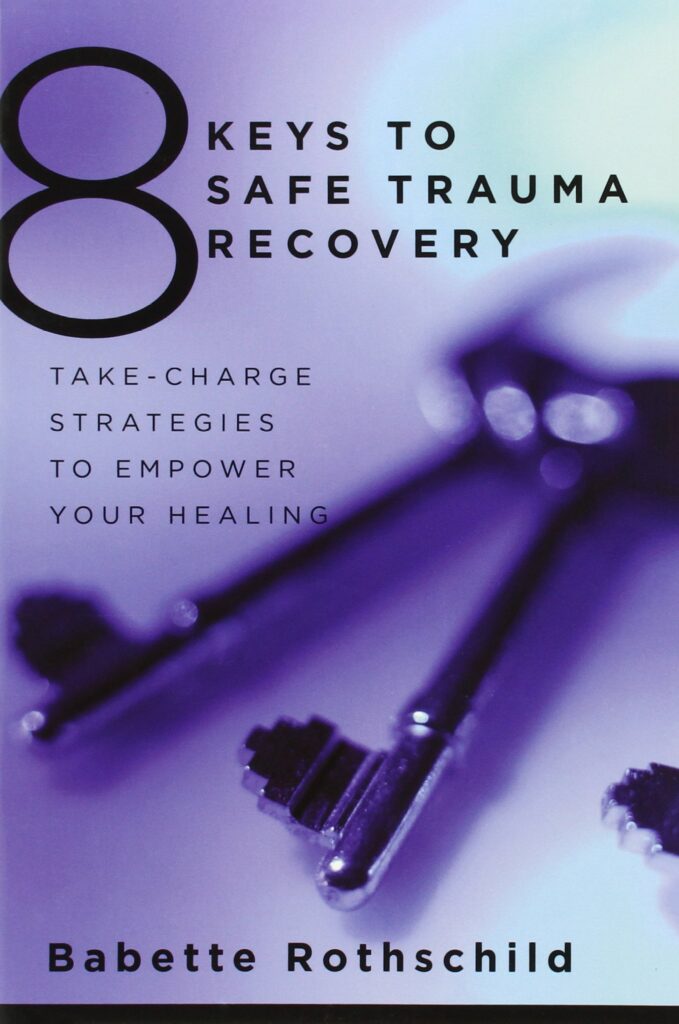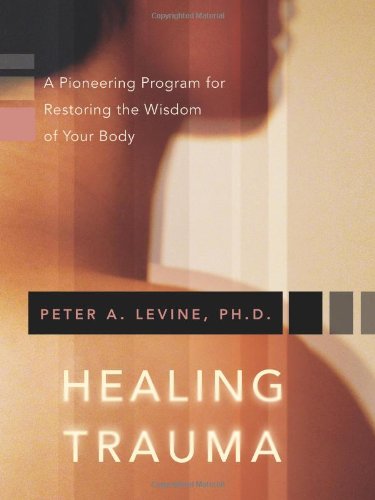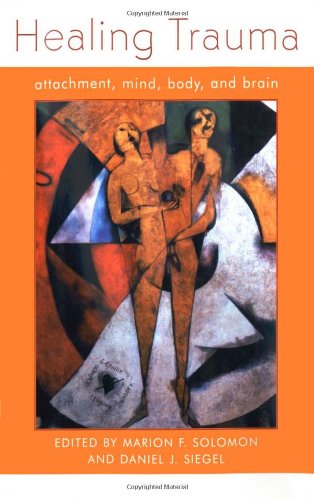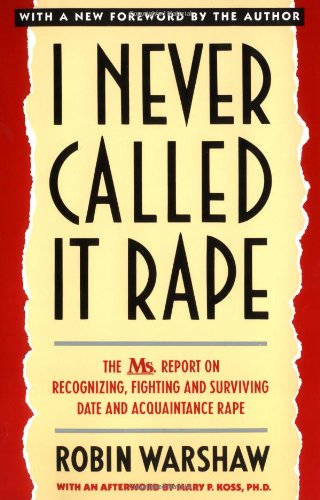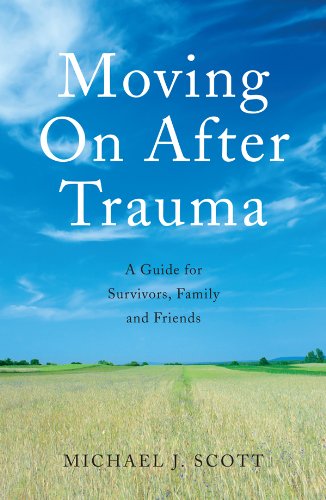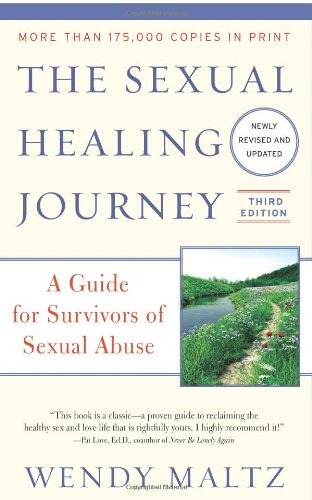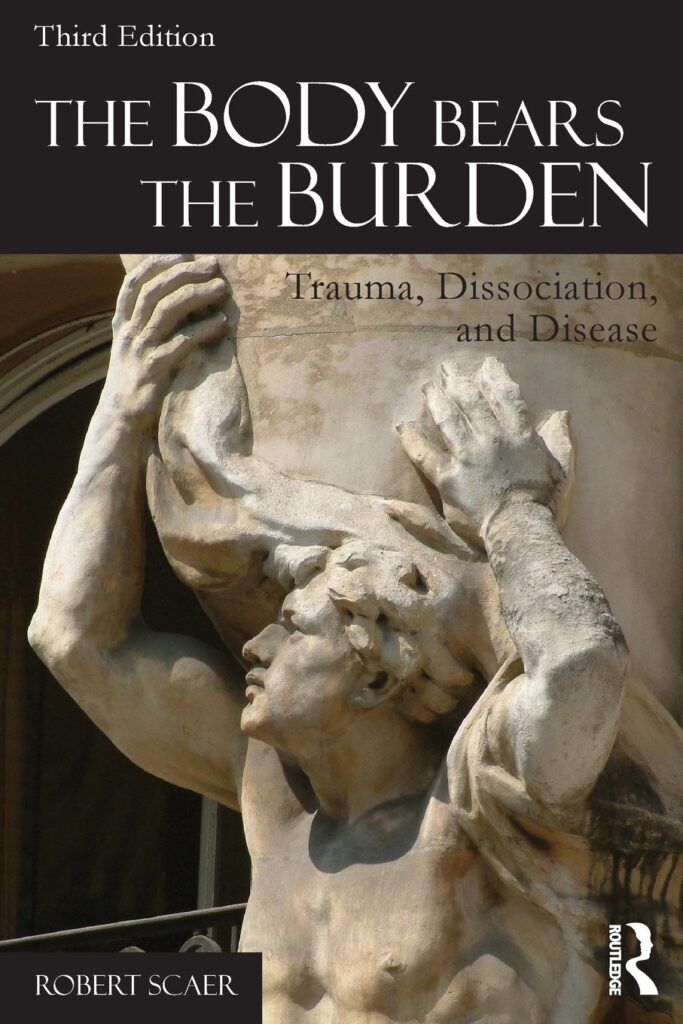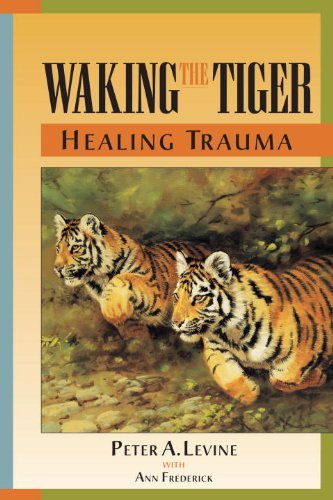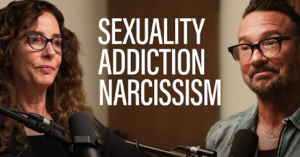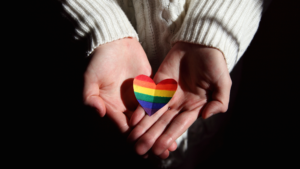Center for Healthy Sex offers the following recommendations for books that further understanding of trauma, intended for clinicians as well as clients currently engaged in a therapeutic recovery process in a professional setting.
8 Keys to Safe Trauma Recovery: Take-Charge Strategies to Empower Your Healing
by Babette Rothschild
Trauma recovery is tricky; however, there are several key principles that can help make the process safe and effective. This book gives self help readers, therapy clients, and therapists alike the skills to understand and implement eight keys to successful trauma healing: mindful identification of what is helpful, recognizing survival, having the option to not remember, creating a supportive inner dialogue, forgiving not being able to stop the trauma, understanding and sharing shame, finding your own recovery pace; mobilizing your body, and helping others. This is not another book promoting a new method or type of treatment; rather, it is a necessary adjunct to self-help and professional recovery programs. After reading this book, readers will be able to recognize their own individual needs and evaluate whether those needs are being met. They will have the tools necessary to put themselves in the drivers seat, navigating their own safe road to recovery.
Healing Trauma: A Pioneering Program for Restoring the Wisdom of Your Body
by Peter A. Levine
Researchers have shown that survivors of accidents, disaster, and childhood trauma often endure lifelong symptoms ranging from anxiety and depression to unexplained physical pain, fatigue, illness, and harmful “acting out” behaviors. Today, professionals and clients in both the bodywork and the psychotherapeutic fields nationwide are turning to Peter A. Levine’s breakthrough Somatic Experiencing® methods to actively overcome these challenges. In Healing Trauma, Dr. Levine gives you the personal how-to guide for using the theory he first introduced in his highly acclaimed work Waking the Tiger. Join him to discover: how to develop body awareness to “renegotiate” and heal traumas by “revisiting” them rather than reliving them; emergency “first-aid” measures for times of distress; and nature’s lessons for uncovering the physiological roots of your emotions.
Healing Trauma: Attachment, Mind, Body and Brain
by Daniel J. Siegel and Marion Solomon
As we move into the third millennium, the field of mental health is in an exciting position to bring together diverse ideas from a range of disciplines that illuminate our understanding of human experience: neurobiology, developmental psychology, traumatology, and systems theory. The contributors emphasize the ways in which the social environment, including relationships of childhood, adulthood, and the treatment milieu change aspects of the structure of the brain and ultimately alter the mind.
I Never Called It Rape: The Ms. Report on Recognizing, Fighting, and Surviving Date and Acquaintance Rape
by Robin Warshaw
The classic book that broke new ground by thoroughly reporting on the widespread problem of date and acquaintance rape has now been completely updated to include recent studies, issues, current events, and controversies.
Moving On After Trauma: A Guide for Survivors, Family and Friends
by Michael J. Scott
The effects of extreme trauma can continue to be emotionally devastating. Moving On After Trauma offers hope, providing survivors, family members and friends with a roadmap for managing emotional, relationship, physical and legal obstacles to recovery. Dr. Scott details examples of the strategies used by twenty characters who have recovered and the survivor (with or without the help of a family member, friend or counselor) is encouraged to identify with one or more of them and follow in their footsteps.
Sexual Healing Journey: A Guide for Survivors of Sexual Abuse
by Wendy Maltz
Originally published two decades ago, The Sexual Healing Journey is a highly respected resource for understanding and healing the intimate sexual problems caused by sex abuse. In this third edition, renowned author, psychotherapist, and certified sex therapist, Wendy Maltz, keeps this classic recovery book fresh with a new preface, revised materials, and an updated, expanded resource section. Compassionate and enduring, this guide presents a comprehensive program for healing that combines expert clinical advice with innovative exercises, steadfast techniques, and deeply moving stories of individuals who have overcome the challenges of sexual abuse to reclaim sex as safe, loving and enjoyable.
The Body Bears the Burden: Trauma, Dissociation, and Disease
by Robert Scaer
When The Body Bears the Burden made its debut in 2001, it changed the way people thought about trauma, PTSD, and the treatment of chronic stress disorders. Now in its third edition, this revered text offers a fully updated and revised analysis of the relationship between mind, body, and the processing of trauma. Here, clinicians will find detailed, thorough explorations of some of neurobiology’s fundamental tenets, the connections between mind, brain, and body, and the many and varied ways that symptoms of traumatic stress become visible to those who know to look for them.
Waking the Tiger: Healing Trauma
by Peter A. Levine
Waking the Tiger offers a new and hopeful vision of trauma. It views the human animal as a unique being, endowed with an instinctual capacity. It asks and answers an intriguing question: why are animals in the wild, though threatened routinely, rarely traumatized? By understanding the dynamics that make wild animals virtually immune to traumatic symptoms, the mystery of human trauma is revealed. Waking the Tiger normalizes the symptoms of trauma and the steps needed to heal them. People are often traumatized by seemingly ordinary experiences. The reader is taken on a guided tour of the subtle, yet powerful impulses that govern our responses to overwhelming life events. To do this, it employs a series of exercises that help us focus on bodily sensations. Through heightened awareness of these sensations trauma can be healed.

